Abby Comar Doing Research as Michigan State Freshman
December 10, 2019
NDA alumni Abby Comar is now focusing on scientific research at Michigan State University.
Comar is majoring in Fisheries and Wildlife with a concentration in Conservation Biology. She was offered a Professorial Assistantship through the Honors College at MSU, which allows students to work directly with a professor on research in their freshman and sophomore years.
“It’s pretty cool because I get to work on a professor’s real research right away as a freshman,” said Comar.
The research takes place in MSU’s RECaP LAb. RECaP stands for Research on the Ecology of Carnivores and their Prey. All the research in this lab is focused on large carnivores such as black bears, coyotes and lions.
The project she is working on is to determine the most effective way to do population estimates of black bears in the Sierra Nevada.
“Currently, I look through pictures taken by camera traps and identify any species that appear in the photos,” said Comar.
Comar works on this project along with other undergrad students. She also works with a professor and a research assistant in the lab.
She hopes to gain new skills involving the research in the area of Fisheries and Wildlife, and build her resume and experience.
“I also hope to discover what conservation issues that I would like to research on my own one day,” said Comar.
She plans to continue her work in the lab all four years of her undergrad. Following that, she can see herself getting her PhD and conducting research on her own at a university.
“I know that I want to focus on issues related to wildlife conservation and human and wildlife interactions,” said Comar.
Robert Montgomery is the assistant professor and director at the RECaP Lab. He began developing this laboratory in January of 2014.
“The broad goal of my research is to document the ways in which animals move through and use landscapes in an increasingly fragmented and human-disturbed world,” said Montgomery.
He models the way carnivores hunting prey can have physical and detectable consequences on the landscapes where they reside and in the human community.


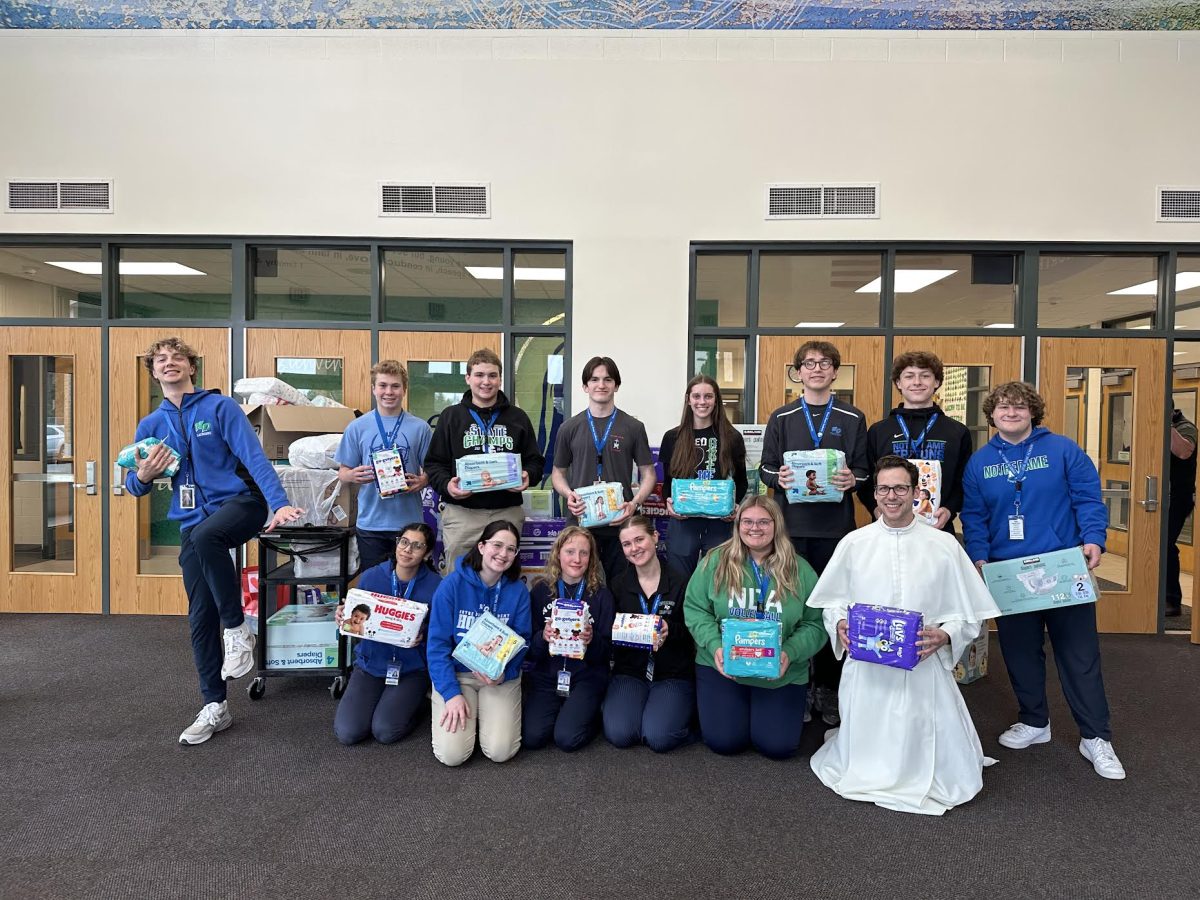

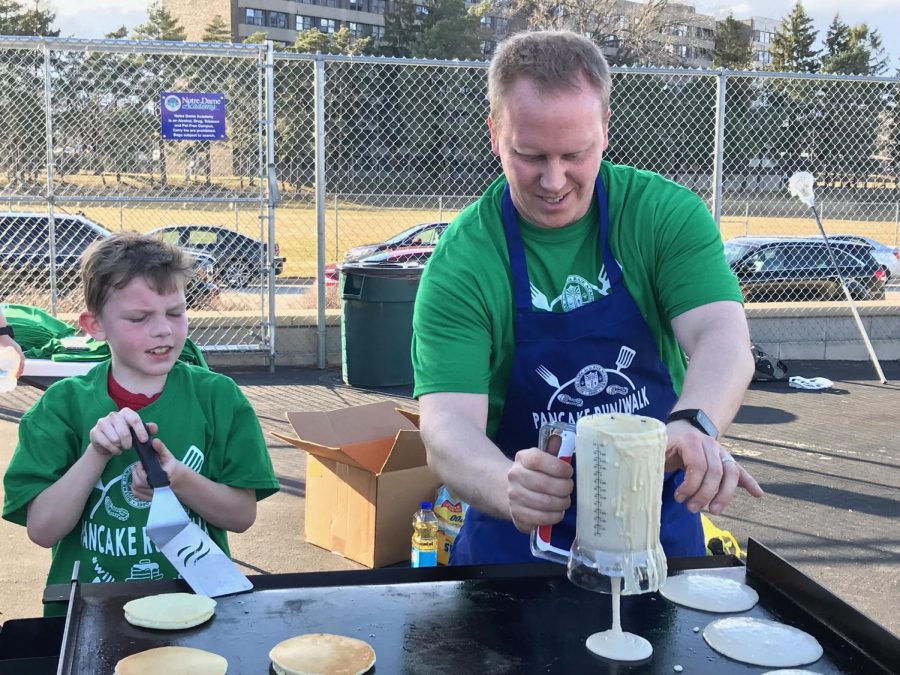



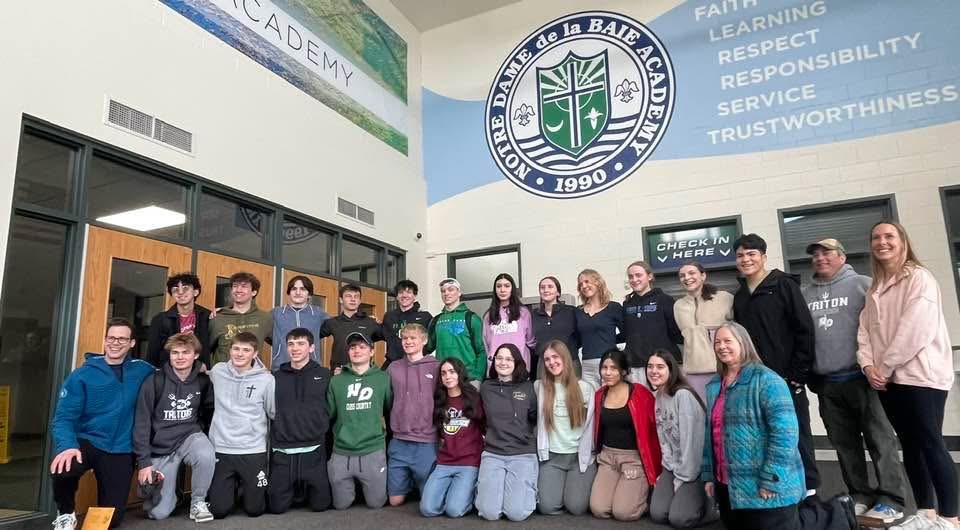

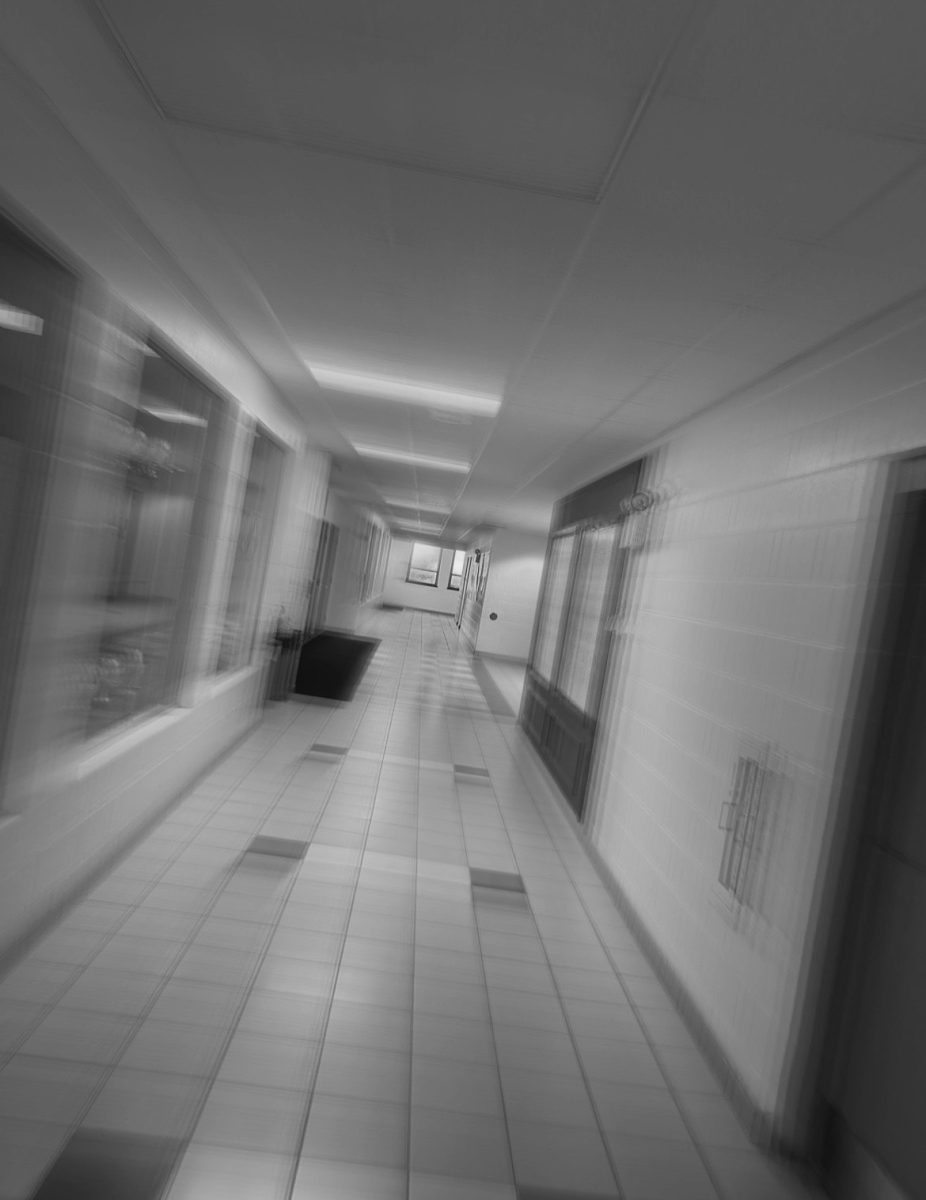
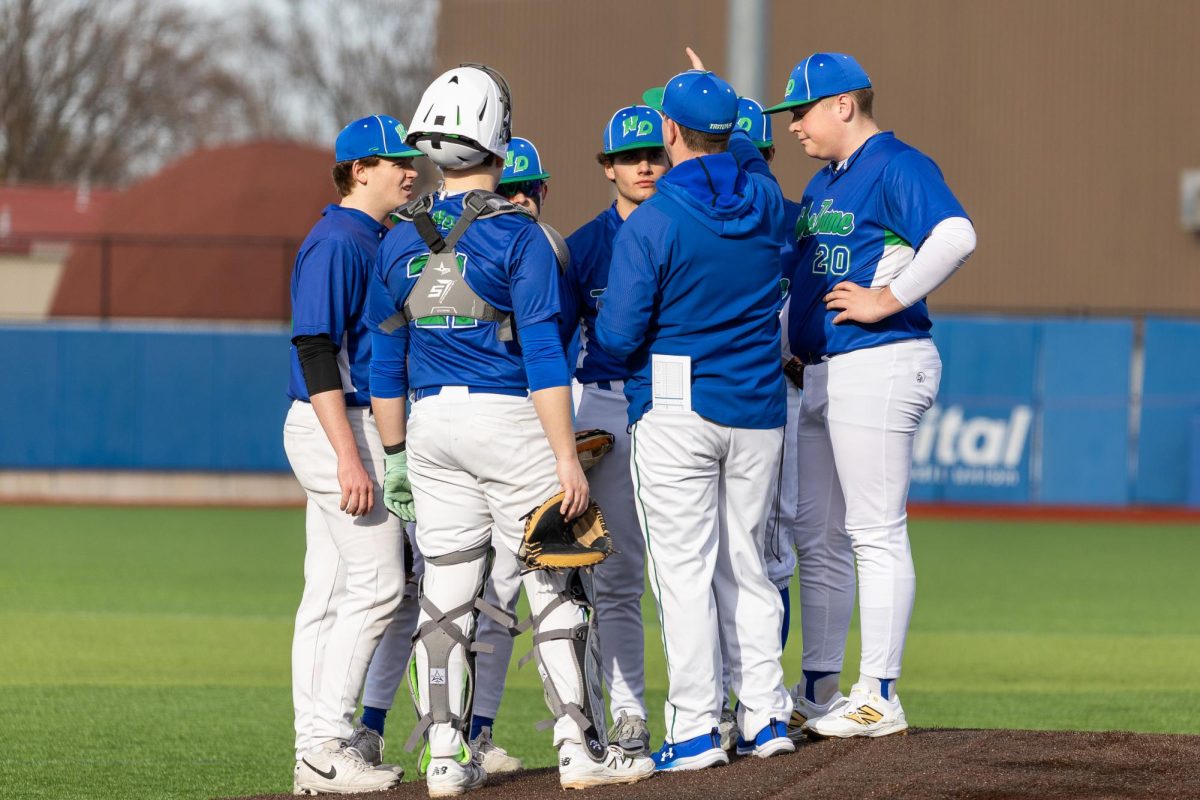
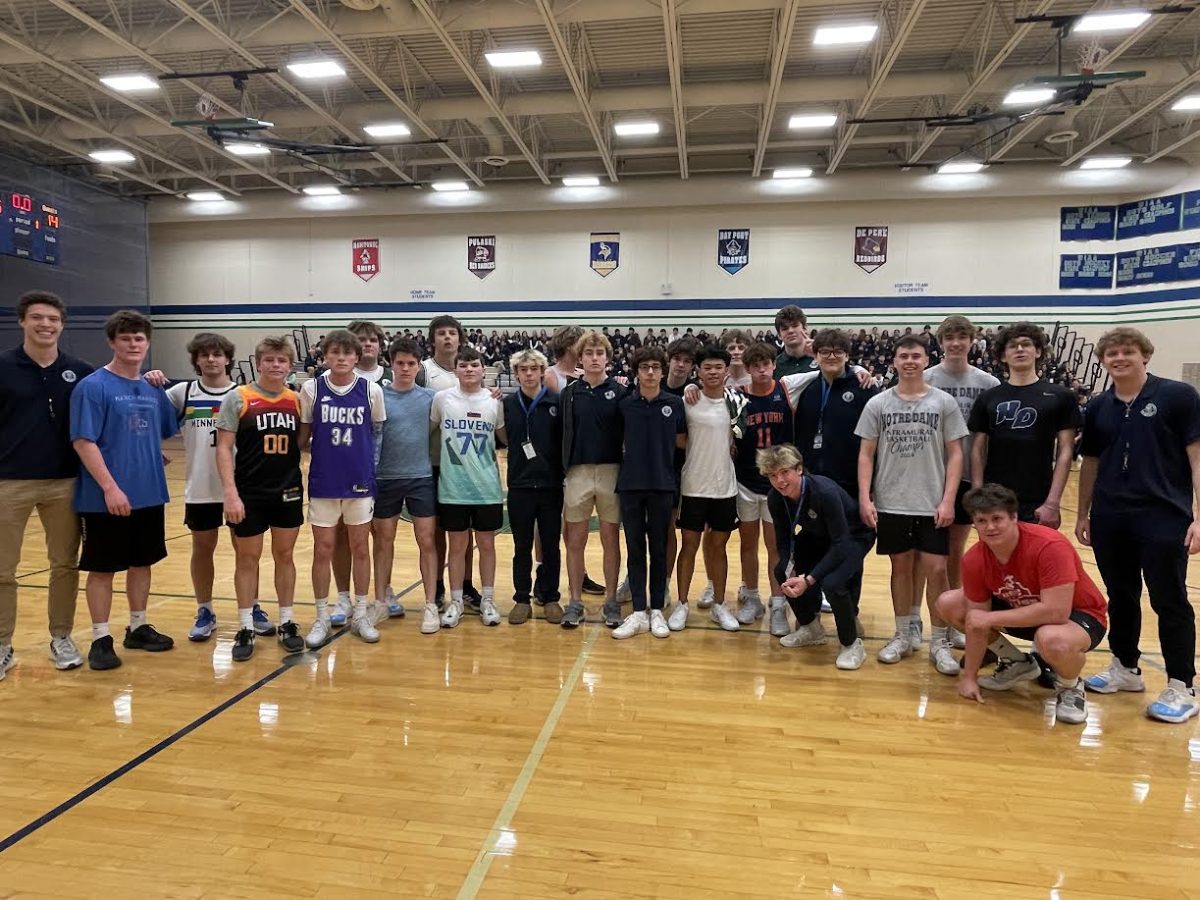

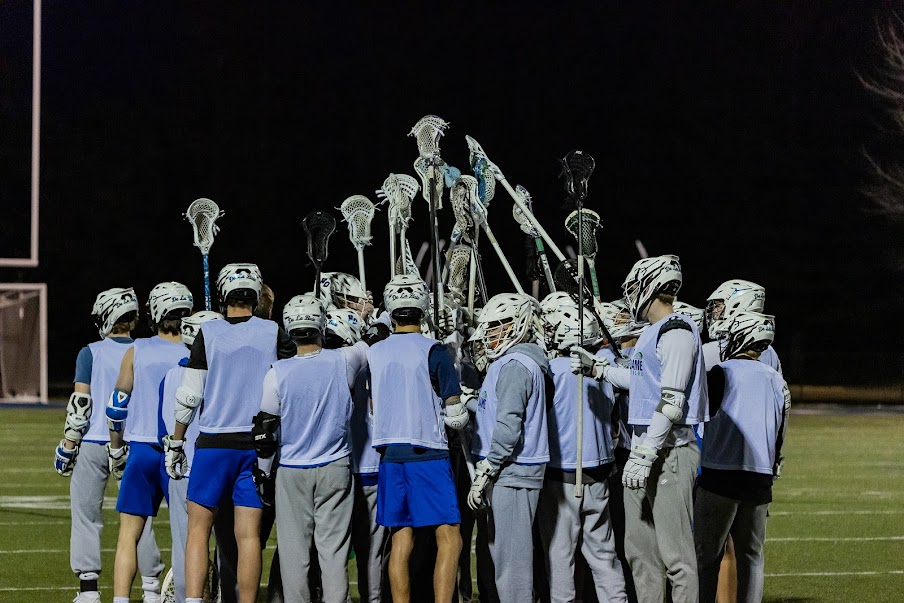
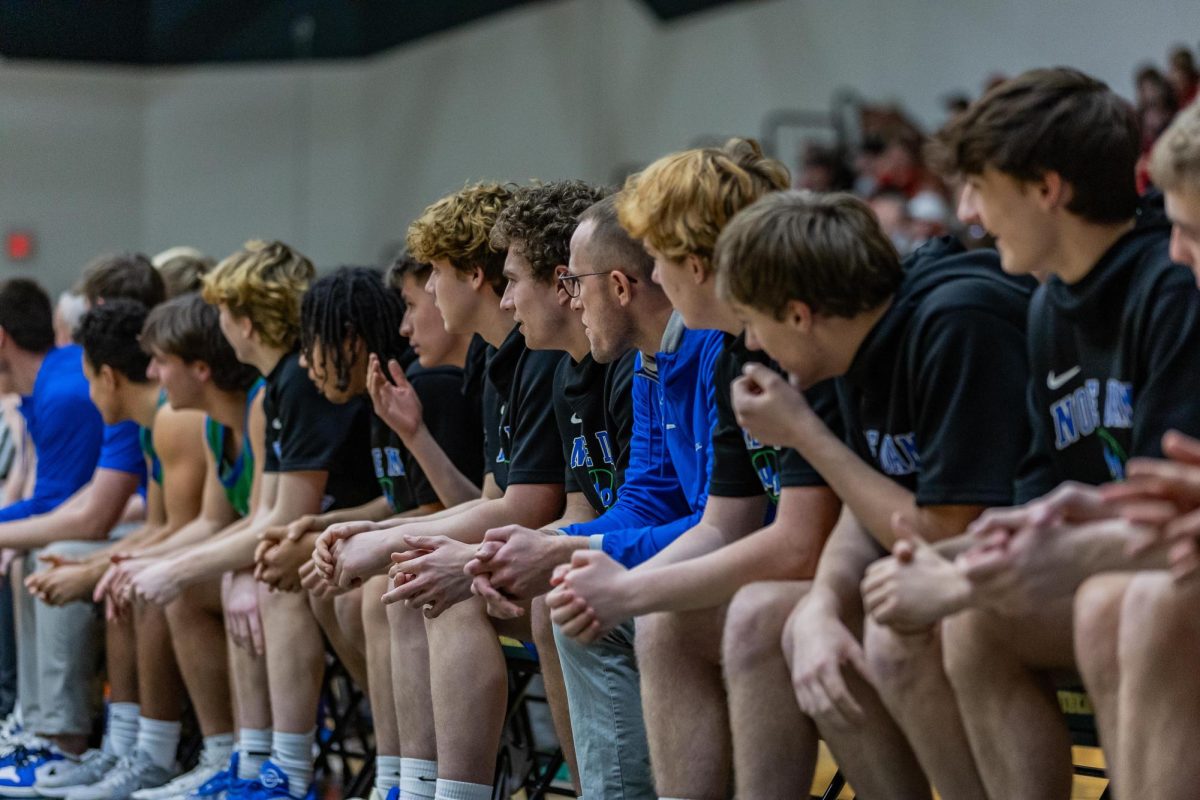
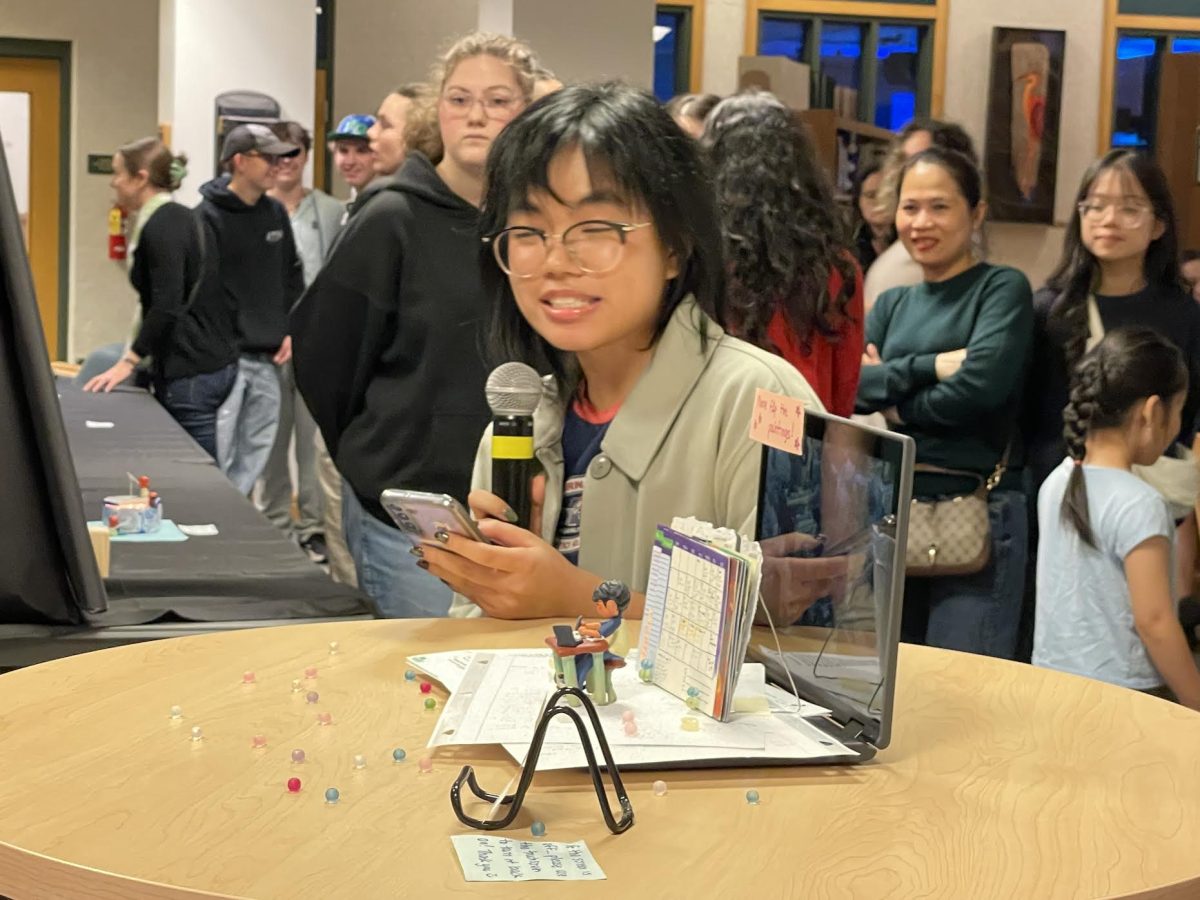


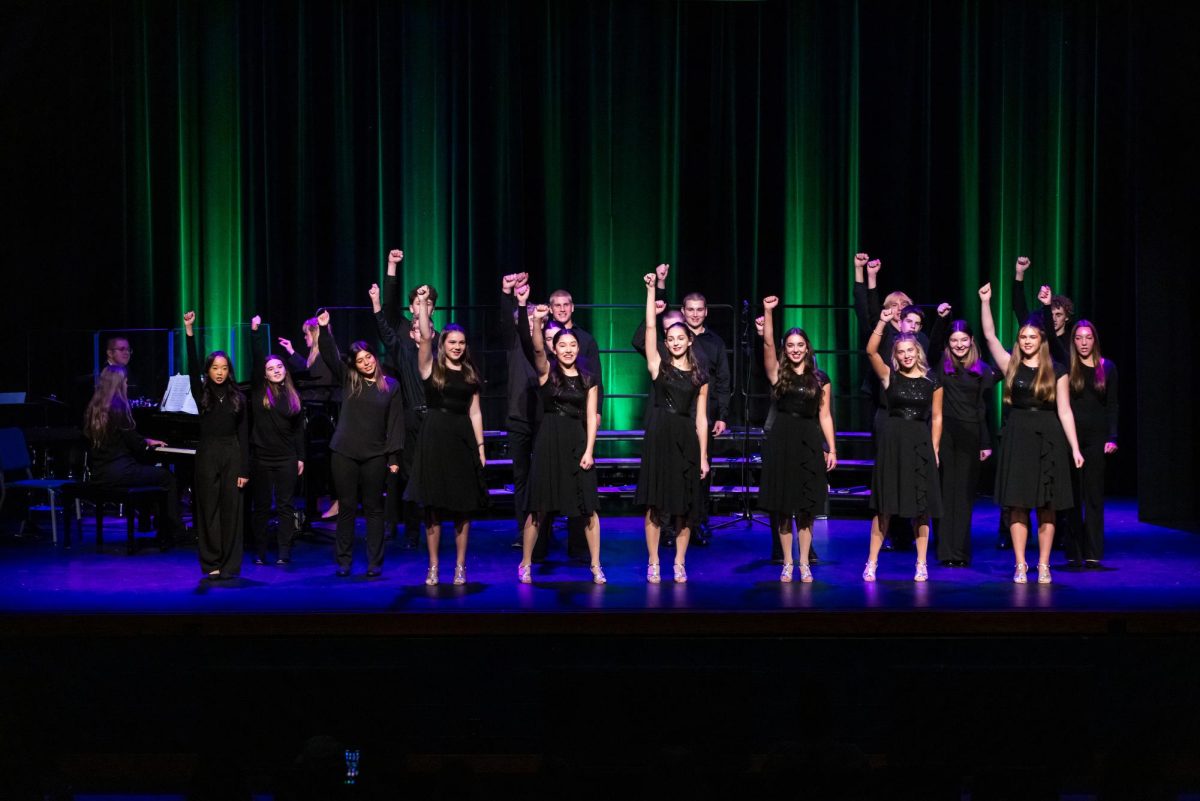
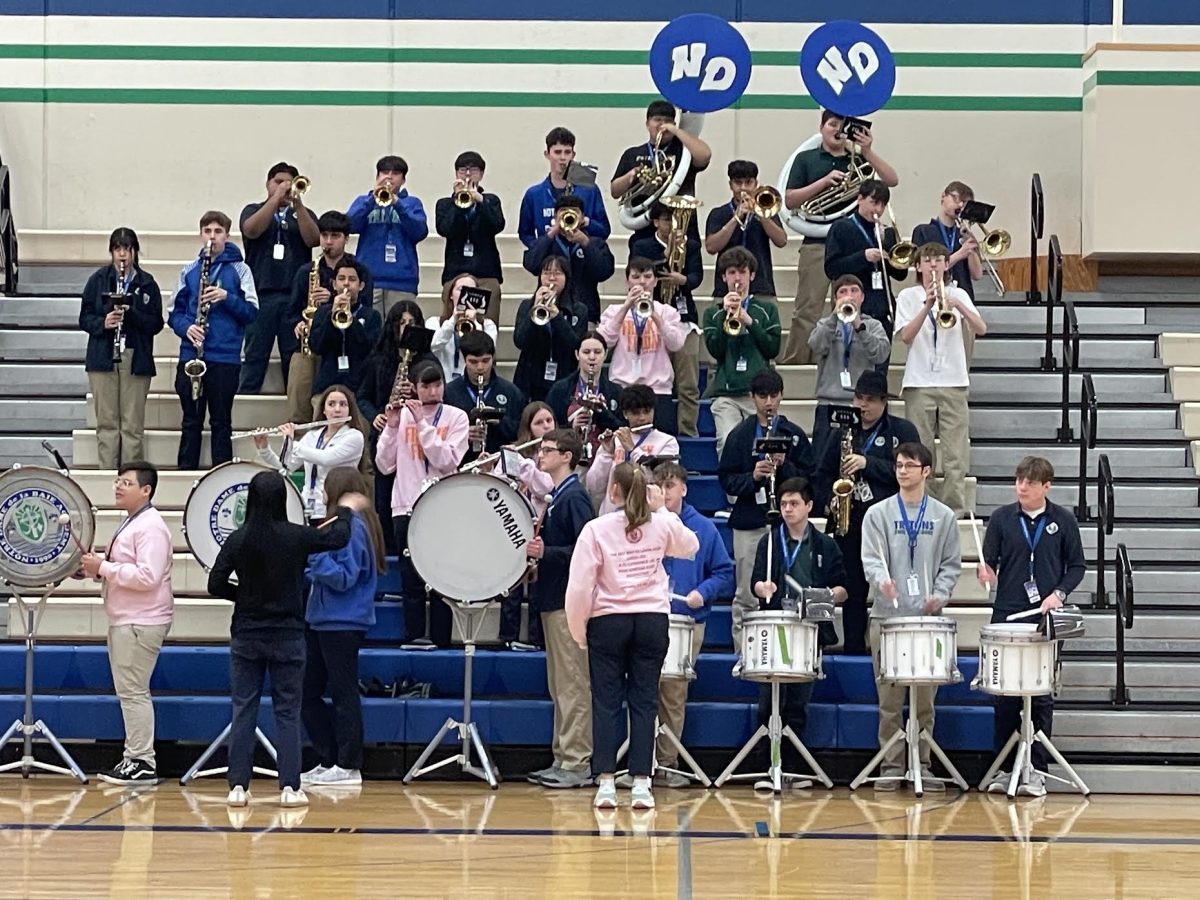


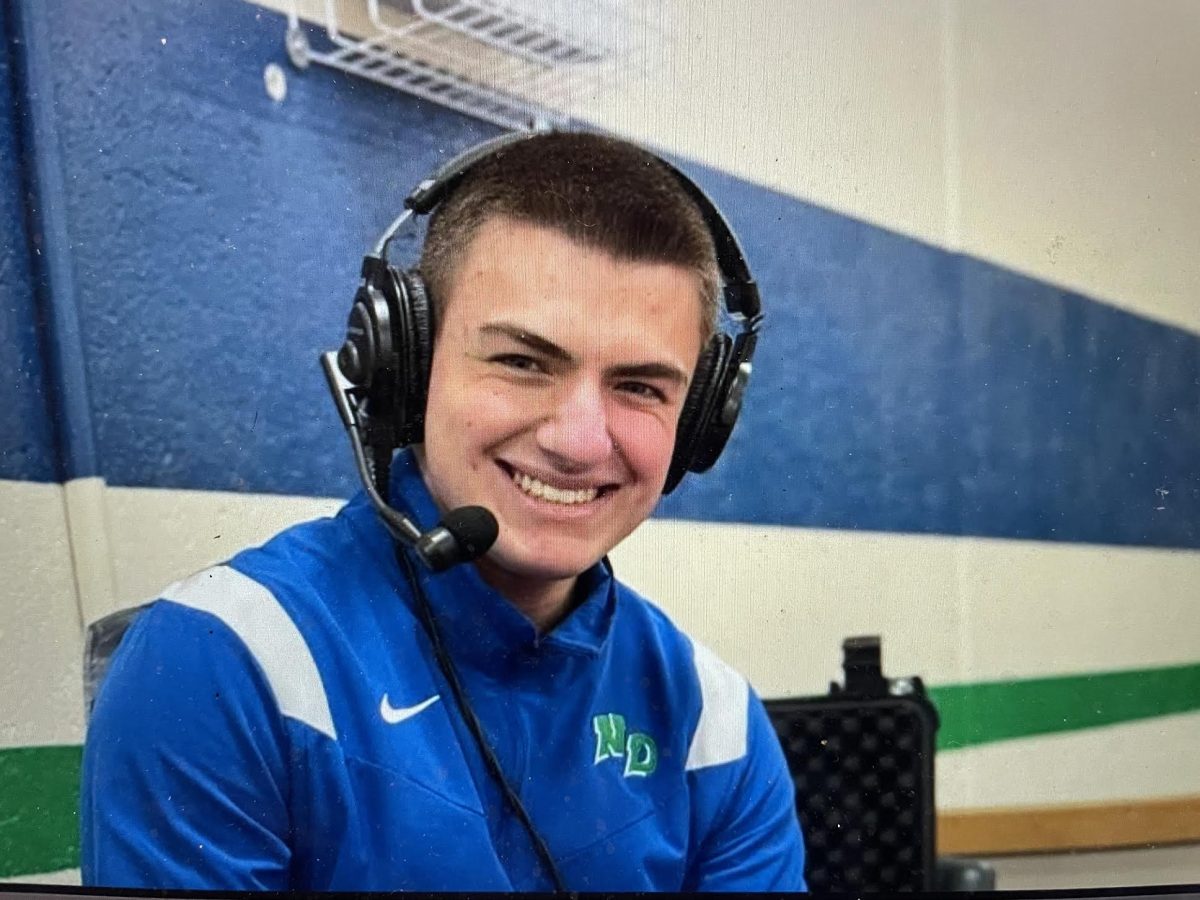
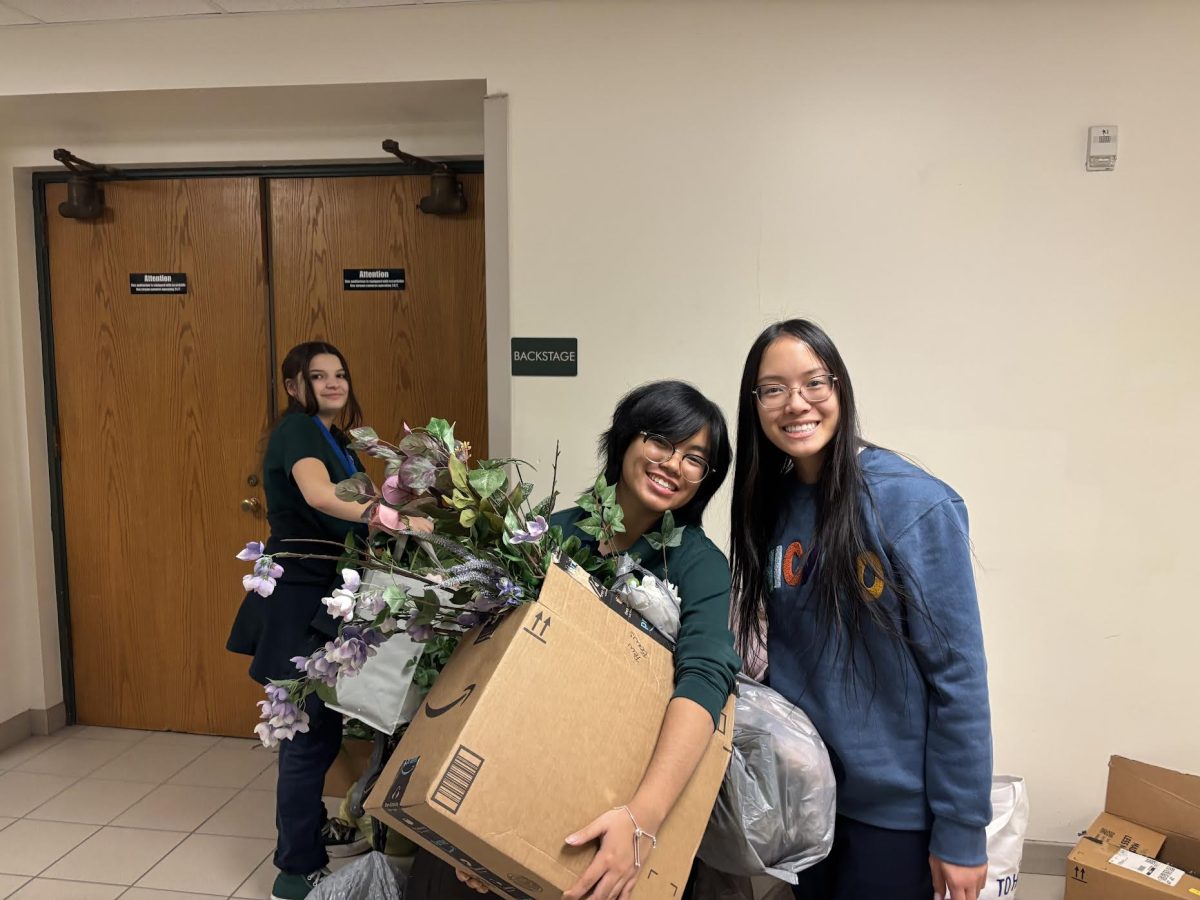

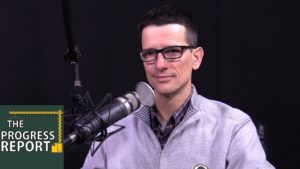
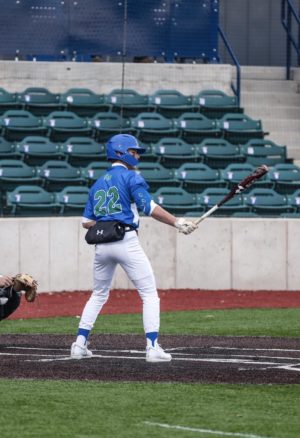
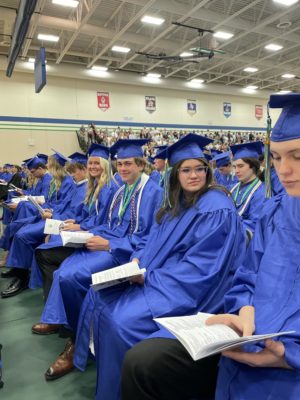

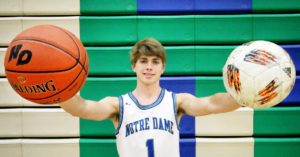


Becky Bain • Dec 17, 2019 at 8:09 pm
This is so cool, Abby…way to go! You are doing such important work!